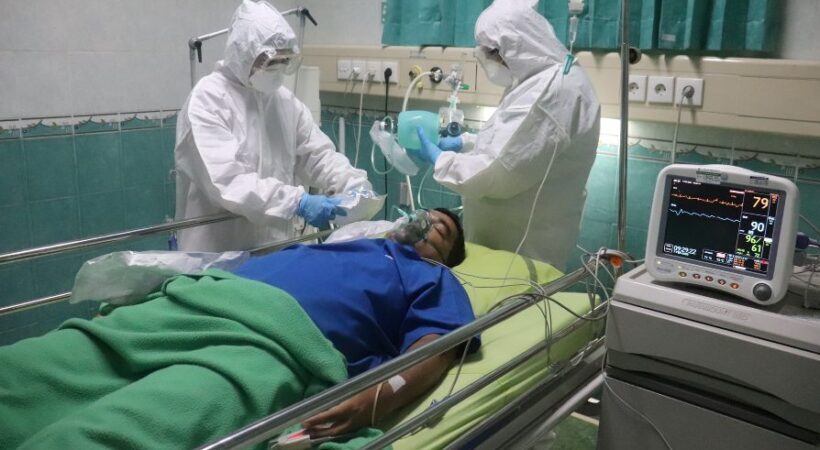New post-coronavirus condition: ‘Bone Death’ creates worry

After the dangerous threat of fungal infections, a newly detected rare kind of bone tissue deaths, also called Avascular Necrosis (AVN) which affects those who undergo Covid-19 treatment and those who recovered from it, has been creating great worry in the country. Though the infection rates are relatively less, six bone death cases have been reported from Mumbai and New Delhi
AVN is the death of bone tissues due to a lack of blood supply. Also called Osteonecrosis, it can lead to tiny breaks in the bone and lead to bone’s eventual collapse. Though anyone can get affected by it, the condition is most commonly seen in people aged between 30 and 50. Treatments for the disease include physiotherapy, surgery, and medication.
There are usually no symptoms in early stages, but as the condition worsens, it might lead to pain in joints of several body areas, including the hip, shoulder, knee, hand, and feet. You should see your doctor if you have persistent pain in any joint.
The three patients in Mumbai underwent treatment at Hinduja Hospital, Mahim, two months after they were treated for the coronavirus. All three were aged under 40. “These patients developed pain in their femur bone (the highest part of the thigh bone) and, since they were doctors, they recognized the symptoms and rushed for treatment,” Dr. Sanjay Agarwala said, according to The Times of India.
Other orthopedic specialists told the publication that they have also seen a few cases among post-COVID-19 patients. Doctors say a likely cause of AVN in such patients is the use of steroids during coronavirus treatment, as was the case with Black fungus. “In patients who have suffered from long-COVID-19 and needed steroids, this is a worry,” said a Mumbai-based doctor.
After evaluating the circumstances, doctors confirm that it is the steroid therapy which causes AVN in Covid-19 patients.
People with severe Covid-19 have been offered steroids in order to subside the lung inflammation which was caused by hyper active immune system. However, the steroids also weakens the immunity that makes the patients prone to fungal infections such as Mucormycosis. The steroids also increases the diabetic level of the patients.















